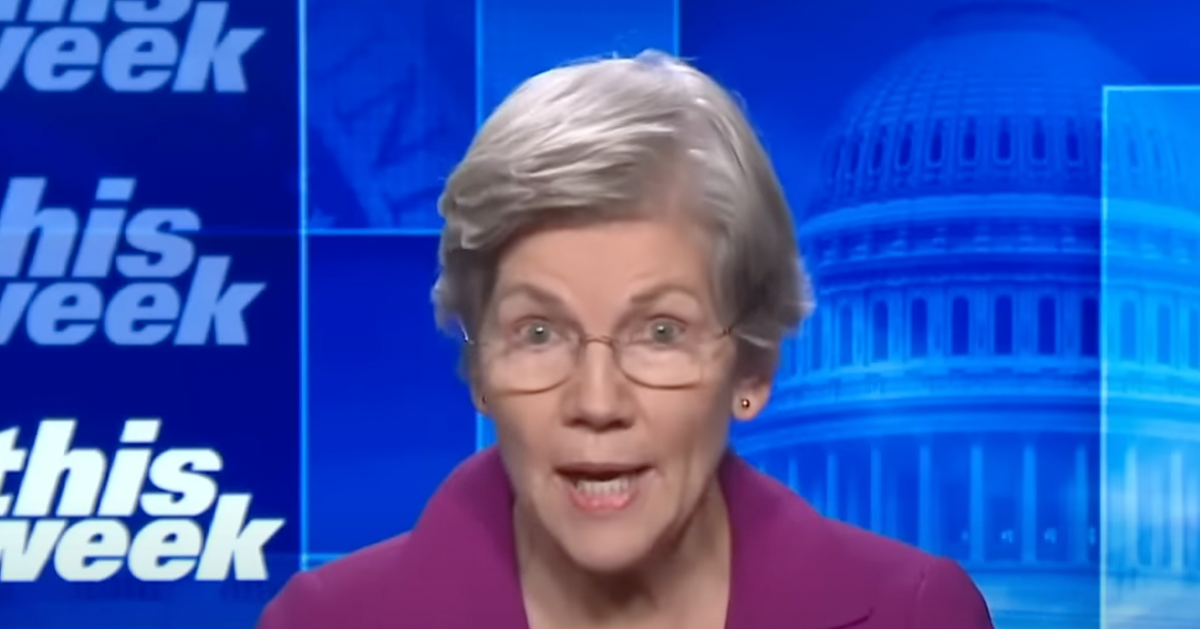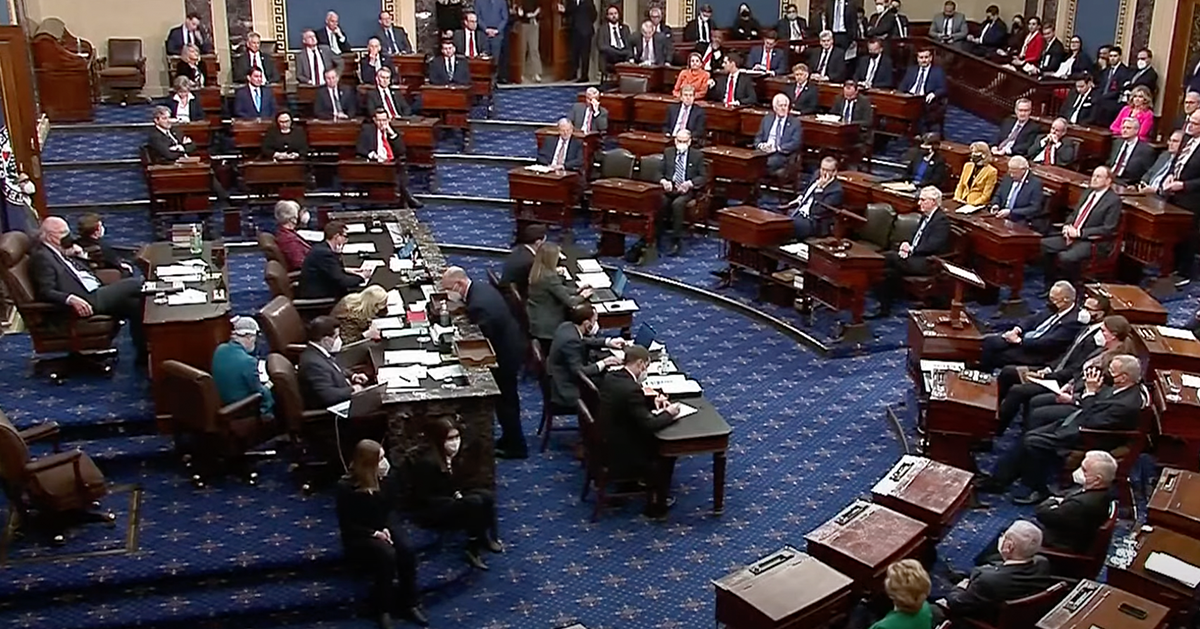Minnesota Business Leader Criticizes Walz's Handling of 2020 Riots: 'Most Devastating' Period in State's History
Business leaders in Minnesota, particularly Jim Schultz, have voiced strong concerns over Governor Tim Walz’s response to the 2020 protests and riots following George Floyd’s death.
Schultz argues that Walz's delay in calling up the National Guard during the riots caused irreversible damage to businesses and the state’s economy, Fox Business reported.
Jim Schultz, president of the Minnesota Private Business Council, is at the forefront of the criticism. As a fifth-generation Minnesotan, Schultz described the violent unrest in 2020 as the most painful chapter in the state’s history. He believes the aftermath of Walz’s decisions during the riots continues to affect businesses and communities across Minnesota.
Schultz, who has been an outspoken critic of Walz’s handling of the protests, expressed concerns about the governor's potential national influence. With Walz serving as the running mate for Vice President Kamala Harris in the 2024 presidential race, Schultz warns that the policies enacted during the 2020 unrest may resurface on a broader scale. "I was stunned when he was chosen as the vice presidential pick," Schultz said, adding that the thought of Walz holding national office is "really disturbing."
Delayed National Guard Deployment Criticized
Schultz’s main criticism revolves around the governor’s decision to delay calling up the National Guard during the riots in Minneapolis and St. Paul. The unrest, sparked by the killing of George Floyd in May 2020, quickly escalated into widespread violence, resulting in significant damage to businesses, homes, and infrastructure.
Schultz highlighted the delay in the National Guard’s deployment, which he believes allowed the violence to spiral out of control. Walz waited three days before mobilizing the Guard, a decision Schultz described as a critical failure. “It was an incredibly painful period in Minnesota, and particularly those three days when Tim Walz failed to call up the National Guard,” Schultz said.
During this period, business owners and residents were left vulnerable, repeatedly reaching out to the governor’s office for protection. According to Schultz, many felt ignored as communication between Walz’s administration and the public broke down. "People did their best to [reach Walz], but they kind of shut down a lot of communication," he said.
Long-Lasting Impact on Local Businesses
Schultz emphasized that the violence of 2020 has had a lasting impact on Minnesota’s economy. Many local businesses are still struggling to recover from the damage, with some having closed permanently. According to Schultz, the state is now experiencing its slowest economic growth in modern history, which he partially attributes to the destruction caused during the riots.
"Minnesota is at its slowest point of economic growth in its modern history, in part because of that violent crime from 2020 that still persists," Schultz said. He criticized Walz for standing by his response to the riots, questioning the governor's definition of success. “For the governor to say that he's proud of his actions there... if that was a success, I would hate to see what failure looks like,” Schultz added.
Concerns Over Crime and Safety Continue
Schultz also raised concerns about the ongoing crime in Minnesota, which he claims has worsened since 2020. He pointed to the struggles faced by residents of greater Minnesota, particularly those dealing with the rise in fentanyl-related issues and a lack of adequate public safety measures. Schultz believes that the average Minnesotan, who lacks the resources to protect themselves, is being left vulnerable by Walz’s policies.
“The folks in greater Minnesota, some of which are dealing with serious issues around fentanyl... don't live in a spot that has great public safety," Schultz said. He also noted that many of these communities do not have the financial means to move or take additional protective measures.
The 2020 Riots and Walz’s Future Role
The protests that erupted in Minneapolis in May 2020 were initially focused on justice for George Floyd. However, as the violence grew, Governor Walz declared that the riots were “no longer in any way about the murder of George Floyd.” The damage extended far beyond Minneapolis, with businesses across the Twin Cities and surrounding areas affected by looting, arson, and vandalism.
Eventually, on May 30, 2020, Walz did deploy the Minnesota National Guard to restore order. While the deployment helped to stabilize the situation, Schultz believes the governor's initial inaction was too costly. In his view, the state's leadership failed to protect its people and businesses when they needed it most.
Business Leaders Question Walz's Leadership Record
As Walz campaigns on the national stage as part of Harris’s presidential bid, Schultz and other business leaders are calling attention to the governor’s record during one of the most turbulent times in the state’s history. Schultz testified before the Senate, outlining what he saw as the failures of Walz’s administration, particularly in relation to crime and economic recovery.
“Minnesota is [in] a fundamentally different spot in our state's history than we ever have been," Schultz said, placing the blame squarely on Walz’s policies. He expressed concern that if Walz were to assume a role in national leadership, similar policies could be embraced on a larger scale, potentially impacting more than just Minnesota.
Looking Ahead: Business Leaders Call for Change
For Schultz, the 2020 riots represent more than just a moment in history—they symbolize the long-term effects of policy decisions that continue to shape Minnesota’s economic landscape. As local businesses fight to recover and residents struggle with ongoing crime, Schultz remains focused on holding Walz accountable for what he sees as the state’s failures.
With the upcoming election, business leaders like Schultz hope that voters will consider the governor’s track record when evaluating his candidacy for vice president. "And for the governor to say that he's proud of his actions there... I mean, if that was a success, I would hate to see what failure looks like," Schultz said.
As Minnesota looks to rebuild from the damage of the 2020 riots, the debate over leadership and policy remains at the forefront of the state's political discourse.






